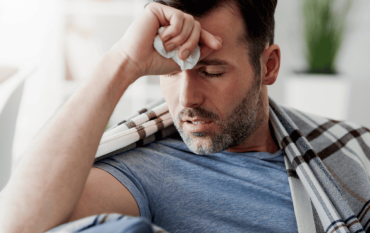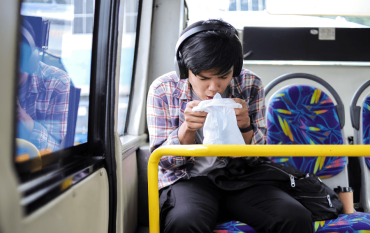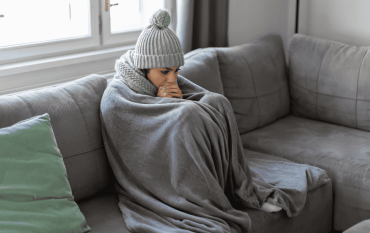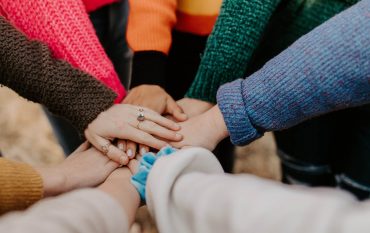
The Ultimate Digital Nomad Travel Insurance Guide for Southeast Asia
Here’s everything digital nomads in Southeast Asia need to know about comprehensive travel insurance.
- Lauren Stuttaford

















Jenny is the CEO and one of the Co-Founders at Air Doctor. She spent more than 20 years at Intel, most recently as general manager of its manufacturing facility in Israel and before that in various engineering and manufacturing roles in Silicon Valley. Air Doctor is her second startup having previously founded electric vehicle company ElectRoad.
